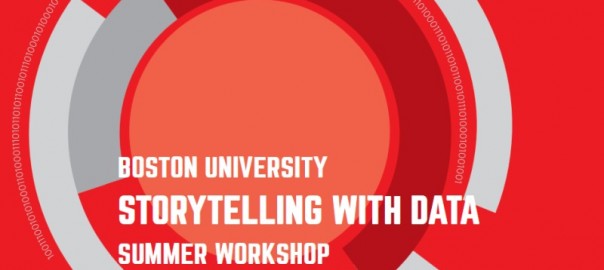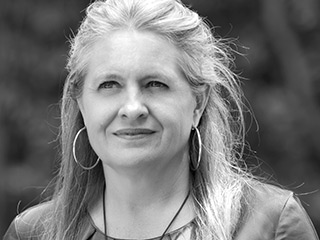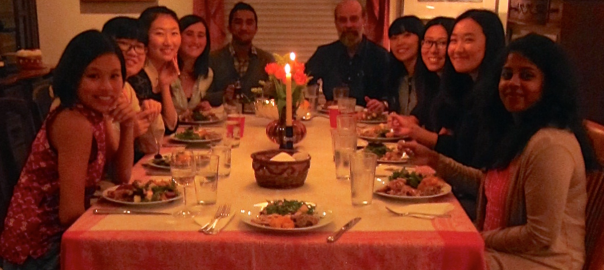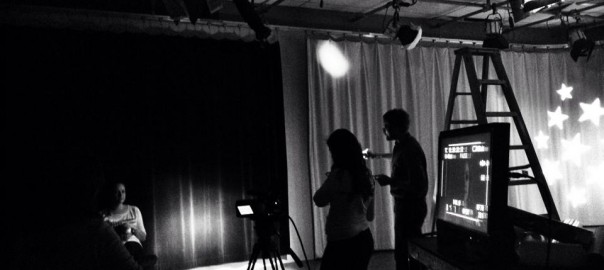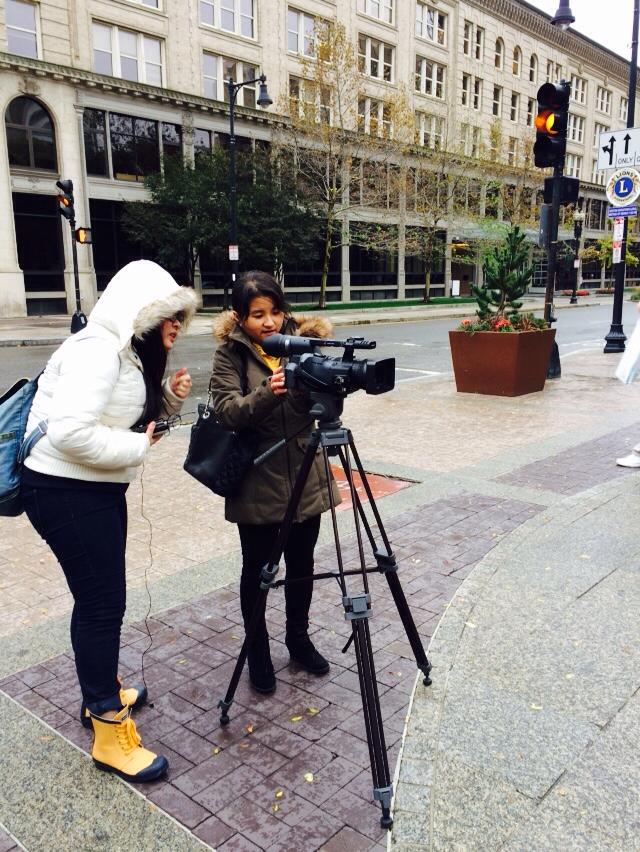By Becca Liudzius
MS Public Relations ’16
BU College of Communication
The halls of BU’s College of Communication (COM) are much quieter now that everyone has settled into what many consider the most stressful week of all—finals week. Lucky for me, and for most other COM grad students, my semester ended last Wednesday with the last day of classes. No, I did not have final exams, but yes, I did have four (that’s right, four!) final presentations within a three-day stretch. As I sat back in my desk last Wednesday night after my Writing for Media Professionals final presentation, I breathed a sigh of relief. I was finally done with all my work. I had successfully completed my first semester of graduate school.
Now, don’t let me confuse you… this semester wasn’t just all stress and no fun. Sure, the adjustment from being an undegrad to a studious “adult” in graduate school was difficult, especially when it happened all in one year, but my first semester as a Public Relations grad student at BU has overall been an incredible experience.
Some of the hi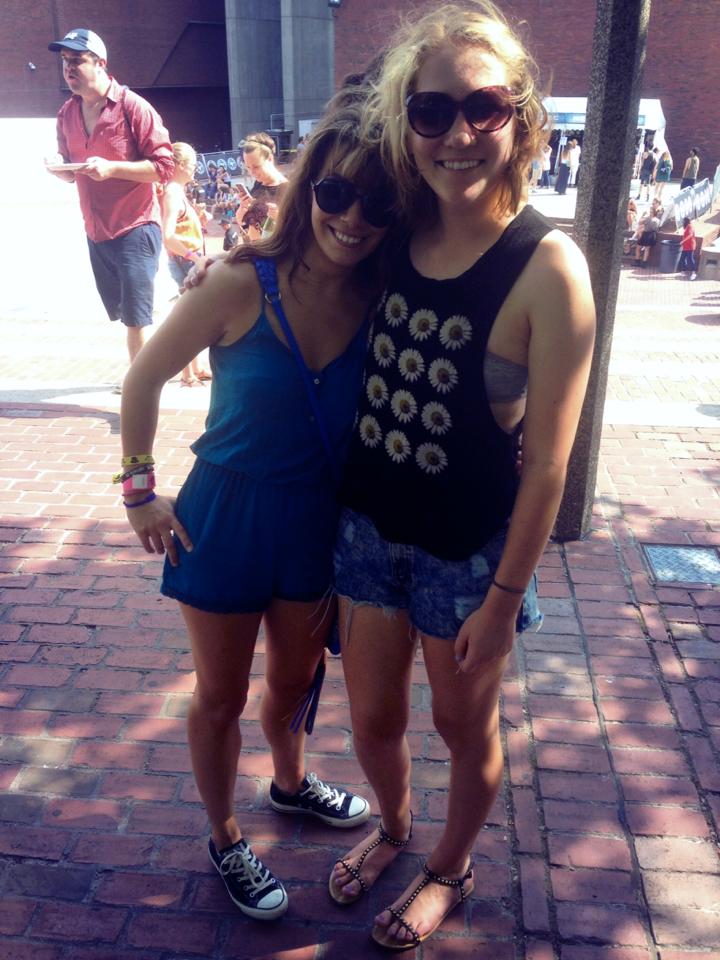 ghlights of my semester include:
ghlights of my semester include:
My first weekend: What better way to start the semester than with Boston Calling (a three-day music festival on City Hall Plaza in the heart of Boston). I went with a couple of my friends and it was an awesome experience! Despite us having to evacuate for a couple hours due to a severe thunderstorm, we still got to see Lorde and Childish Gambino.
My Professors: This has been the first semester of my life that I have genuinely liked all of my professors. All four have been so helpful and knowledgeable. I am so grateful to have such great mentors as I embark upon my grad school journey.
Group projects: Yes, group projects! A task I absolutely despised in undergrad has become a lot more bearable, even fun at times. Group projects are now an experience where I can look forward to input and collaboration from my peers, and not worry about having to do all of the work myself.
Cooking: Having always had a meal plan at my undergrad, I never really learned to cook. At all. The beginning of this semester was filled with frozen pizzas and chicken nuggets, but now I have learned that cooking can be really fun and yummy. Adult life, here I come!
BuzzFeed: For my aforementioned writing class, our final project was to interview someone interesting. I took a long shot by emailing one of my favorite writers from BuzzFeed asking to interview him. He said yes, and I got to go to the BuzzFeed office over Thanksgiving break and interview him. That was probably my favorite thing I did this semester.

Overall, this fall has been great. I am looking forward to next semester (especially my Nonprofit Public Relations class with Professor Downes and my internship with Peace First). But before that, my winter break will consist of much need sleep, my mom’s home cooking, some reading for leisure, and lots and lots of Netflix.
Have any questions for our PR graduate student, Becca? Ask her in the comment section below!
If you’re interested in finding out more about all graduate programs offered through BU’s College of Communication, make sure to visit our website here.
